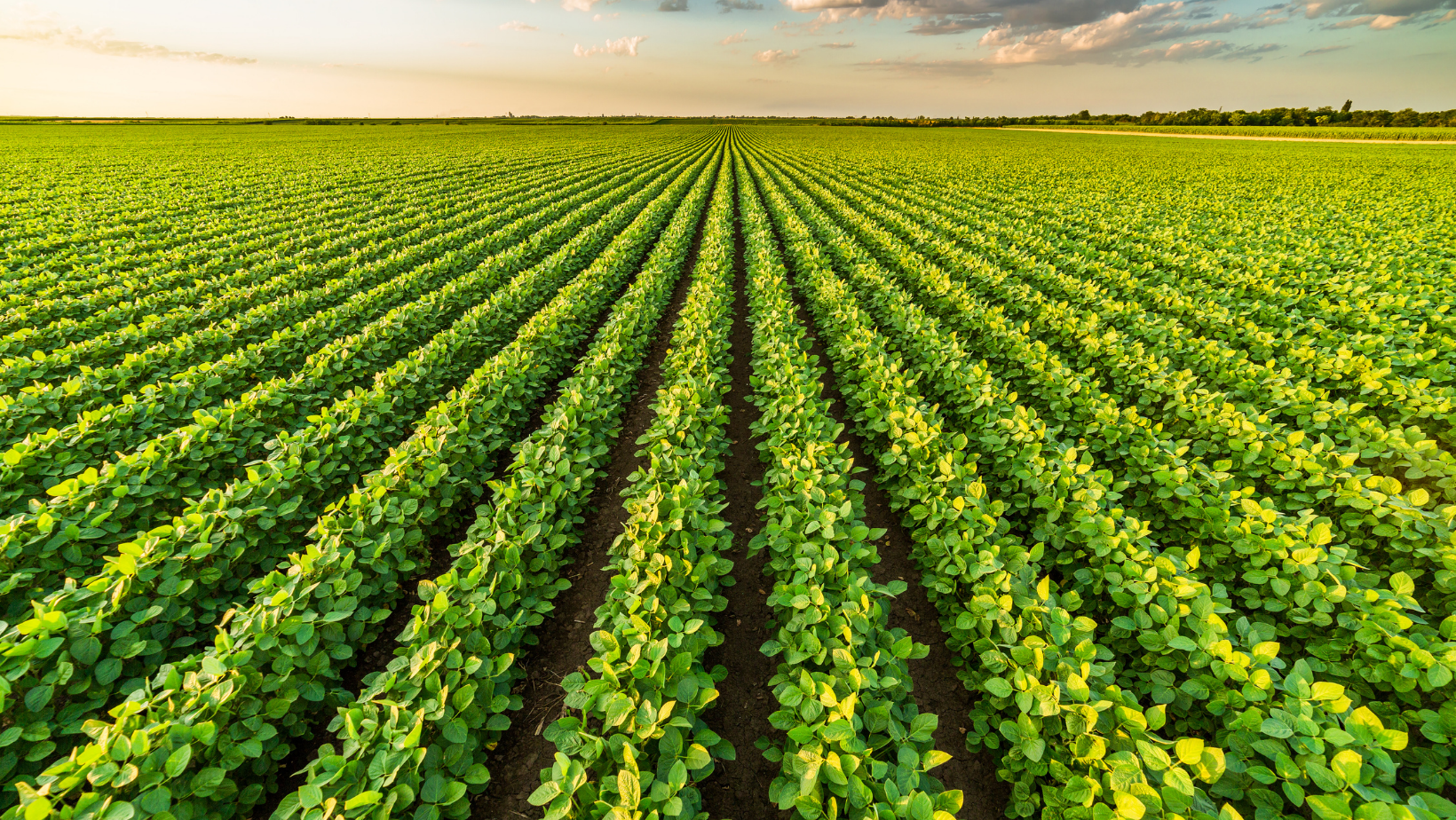Carbon markets are increasingly viewed as a way to combat climate change and supplement farm and forest landowner income. However, carbon markets differ from most other product markets in meaningful ways. First, buyers in carbon markets will generally be unable to determine product quality, as measured in terms of actual reductions in carbon emissions or increases in sequestration. When buyers in other markets cannot readily observe product quality, they often rely on third parties to provide that information. Governments sometimes play the role of information providers when the quality under consideration has wider social benefits. Examples include automobile fuel efficiency and household appliance energy efficiency.

Carbon markets also differ from other markets in that both buyers and sellers in carbon markets have an incentive to overstate quality, i.e., the amount of reduction or sequestration that occurs. In voluntary markets, buyers participate to generate goodwill amongst consumers, investors, and policymakers. In regulatory markets, buyers participate to satisfy a regulatory requirement. Thus, buyers are motivated – not by actual emissions reduction or sequestration – but by the “credit” they receive from governmental regulators or the public.
Because of these differences, regulators and the public will be unlikely to extend this credit without third-party monitoring and verification. However, thorough but burdensome monitoring and verification will increase transaction costs and discourage market participation. On the other hand, lax monitoring and verification will erode trust in the market. Balancing these two will be critical for market success. Similarly, successful participation by landowners will require balancing potential revenue gains against the implementation, opportunity, and transaction costs of participation.
Clark, Christopher D. . “Carbon Markets Are Not Like Other Markets“. Southern Ag Today 2(6.5). February 4, 2022. Permalink

